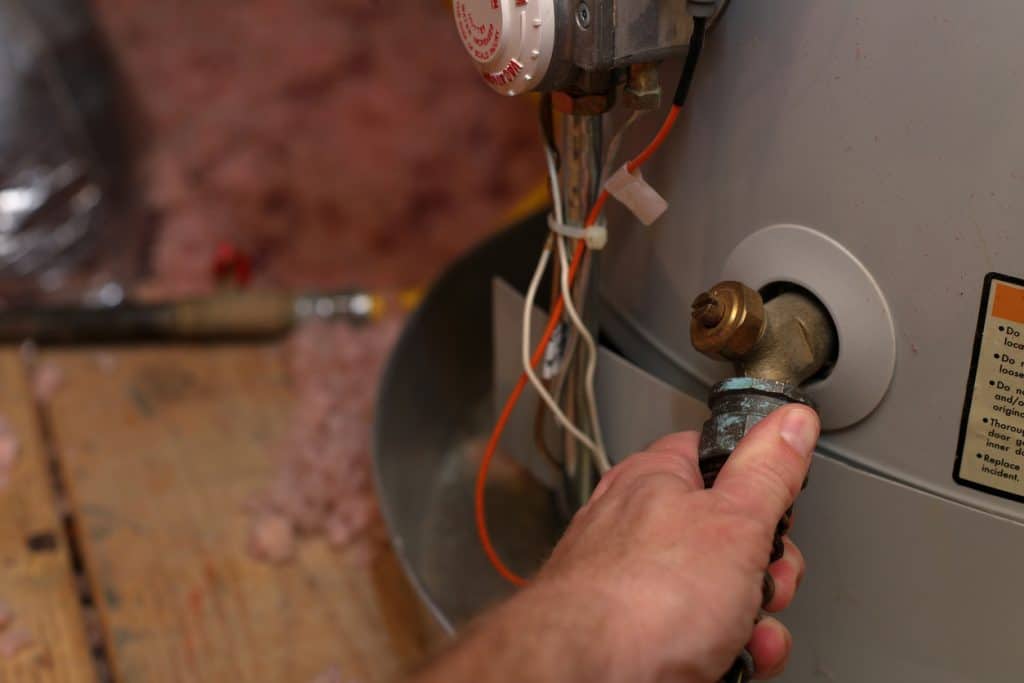A corroding water heater is nothing to take lightly. As soon as you notice any corrosion, you must quickly prevent even more significant problems. Here are the signs you must look out for.
Discolored Water From Your Taps
One of the first signs that your water heater may be corroding is discolored water from your taps. If you turn on the hot water and notice a rusty or reddish tint, that’s a strong indication of rust buildup inside the tank. It’s essential not to ignore this issue, as it means the inner lining of your water heater may be deteriorating. When corrosion is left untreated, it can spread, causing leaks and other problems.
Rust Around the Water Heater
Another clear signal of corrosion is rust forming around the water heater itself. This could appear outside the tank, around the pipe connections, or on the valves. If you see rust spots, the tank may already be compromised, and you should act fast. Rust weakens the metal and can eventually lead to holes or leaks, putting your home at risk of water damage.
Leaks Near the Tank
Even a small leak near your water heater can be a big deal. Water around the unit’s base or puddles forming nearby shouldn’t be ignored. Leaks are often a direct result of corrosion inside the tank or along the seams. The constant exposure to water erodes the metal over time, and once a leak forms, it usually worsens. You’ll want to take quick action if you spot any moisture around the heater.
Strange Noises Coming From the Heater
If your water heater starts making strange sounds, that could also be a red flag. Popping, banging, or rumbling noises often mean sediment has built up in the tank, contributing to corrosion over time. The water boils underneath as the sediment heats up, creating unsettling sounds. When sediment is allowed to collect, it makes the tank work harder, leading to premature wear and tear. Flushing the system might help, but replacing the water heater could be necessary if the corrosion has already taken hold.
Reduced Water Temperature
If your hot water isn’t as warm as it used to be or runs out quickly, it could be a sign of corrosion inside the tank. As rust builds up, it creates barriers between the heating elements and the water. This means the water heater must work harder to heat the same amount of water, and over time, it will become less efficient.
Act quickly if any of these signs are present in your home. Call Drain Surgeon for water heater repair in Augusta, GA today.





